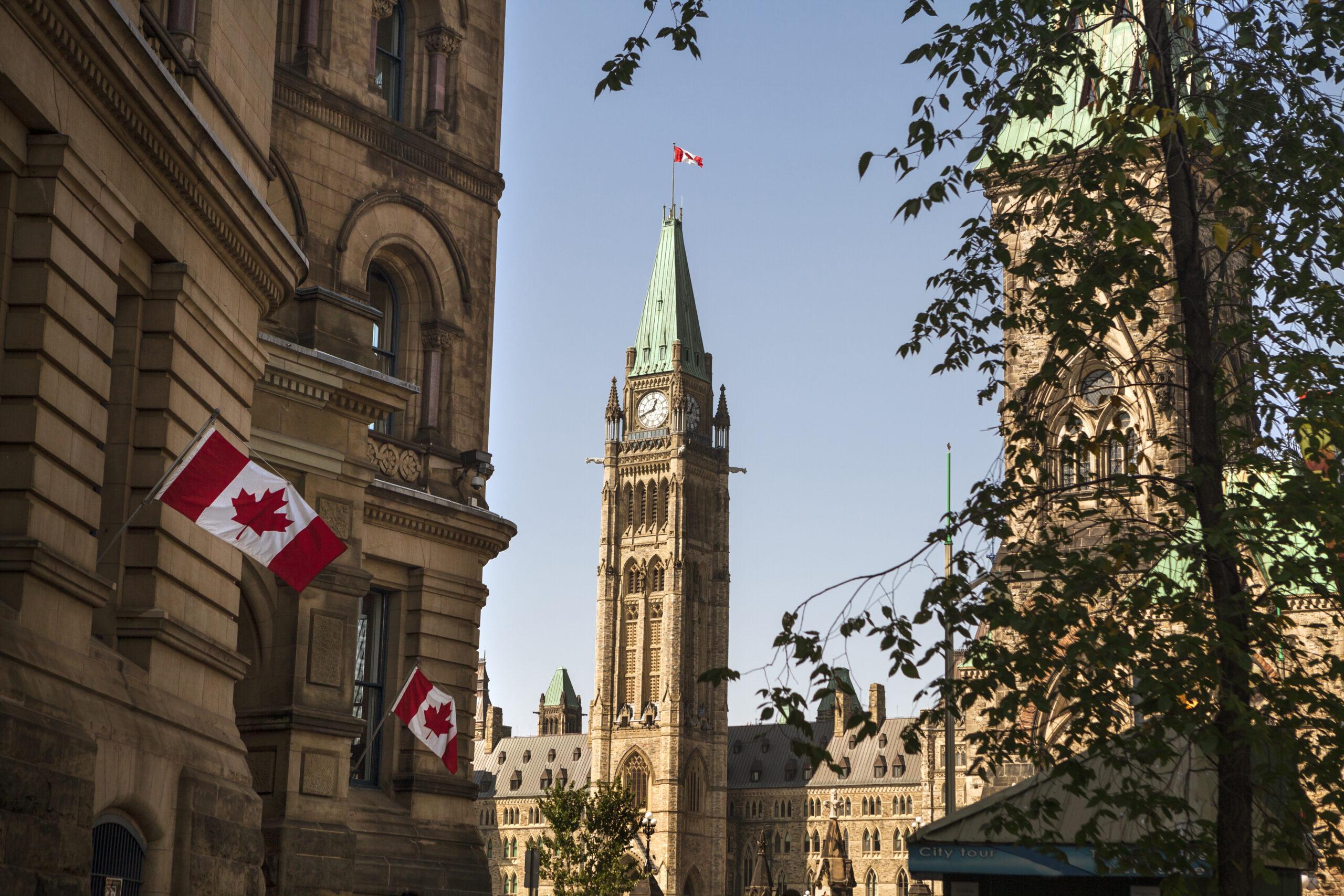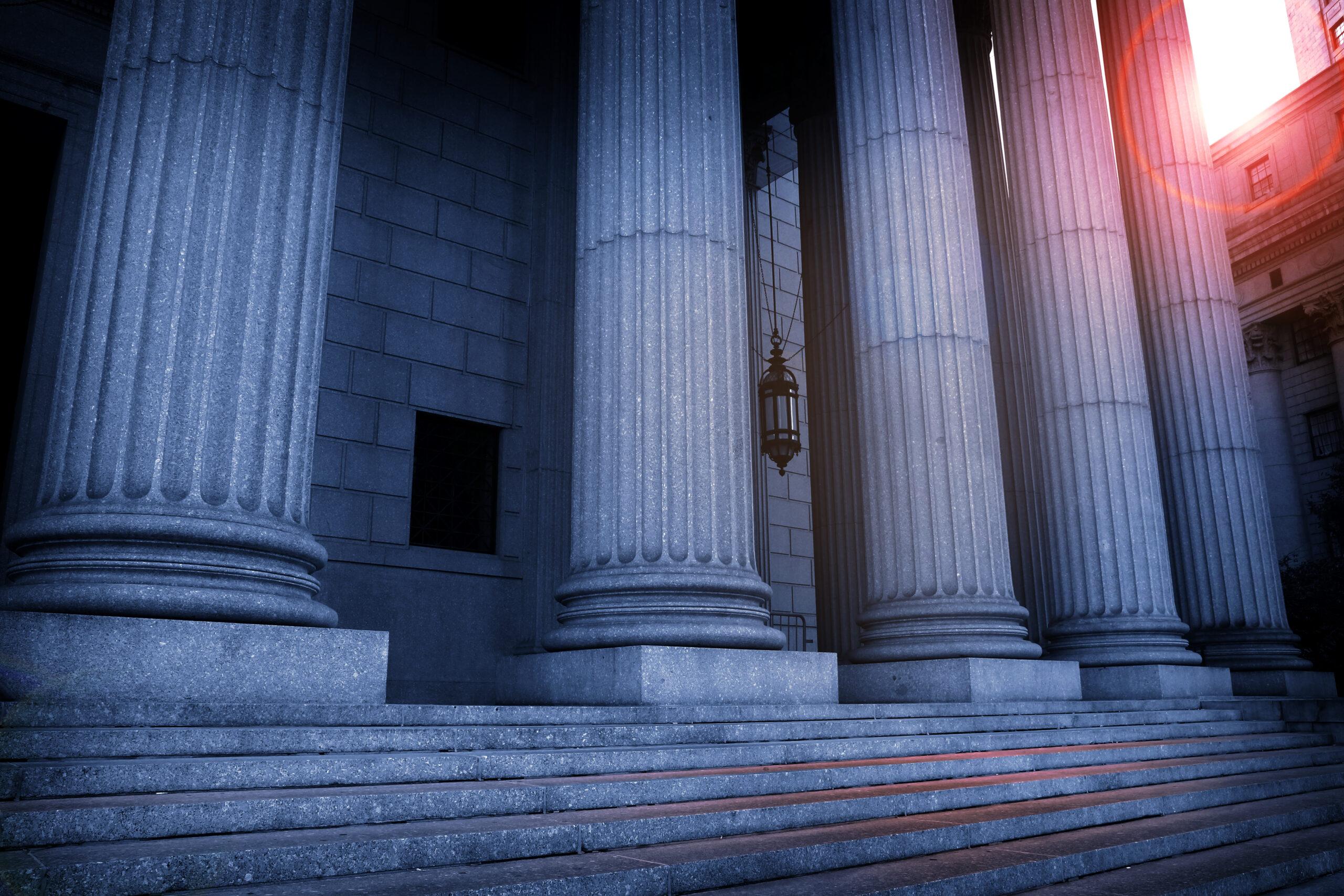


Reduction of Input Tax Credit (“ITC”) Recapture Rate for Ontario Portion of HST (“OHST”) starting July 1, 2015
Reduction of Input Tax Credit (“ITC”) Recapture Rate for Ontario Portion of HST (“OHST”) starting July 1, 2015
Generally, “large businesses”[1] are subject to the ITC recapture of the OHST portion paid on expenses relating to the acquisition of (i) motor vehicles for use on public roads (excluding for re-sale or lease), (ii) motor fuel for such vehicles, (ii) certain energy products, (iii) certain telecommunication services, and (v) food, beverages and entertainment that are restricted by 50% income tax deductibility and ITC availability. While the recapture of ITCs is contrary to the scheme of a value-added tax, by which businesses that engage in taxable activities can generally claim ITCs to recover the taxes paid on business inputs, it was intended as a temporary measure to help the Ontario Government eliminate its deficit.
Reduction in OHST ITC Recapture Rate
Starting on July 1, 2015 (last week), the OHST ITC recapture rate was reduced from 100% to 75%, as part of an incremental, 3-year phase out of this temporary recapture regime. The recapture rate will be further reduced from 75% to 50% on July 1, 2016, from 50% to 25% on July 1, 2017, and will be eliminated entirely on July 1, 2018. To ensure appropriate net recovery of OHST, large businesses will need to monitor these changes to the ITC recapture rules and adjust their GST/HST accounting and reporting accordingly. In certain circumstances, a large business may be required to report OHST ITC recapture on a GST/HST return at multiple or different recapture rates.
Correcting OHST ITC Recapture Errors
If after the 25% reduction in the recapture rate on July 1, 2015, a large business continues to use the old 100% recapture rate where not applicable, then, to recover the excess net tax (ITC recapture) remitted in error (the “Excess Amount“) for a particular reporting period, the business should claim a rebate from Canada Revenue Agency (“CRA“) to recover the Excess Amount within two years of remittance, unless CRA has already assessed the reporting period. In that case, a Notice of Objection should be filed within 90 days of the assessment to seek reversal of the Excess Amount assessed.
Missing the two-year claim period, or as applicable, the 90-day period within which to object, could result in the business being unable to recover the Excess Tax remitted. Although the business could request that CRA (re-) assess the applicable reporting period(s) within the normal four-year assessment period to recoup the Excess Tax, CRA would be under no obligation to adhere to the request to audit and process the request.
by Jamie Wilks and Carl Irvine
1 Generally, a person, whose annual taxable supplies made in Canada (or made outside Canada through a permanent establishment in Canada) exceed $10 million, is a “large business”. This threshold is calculated with reference to taxable supplies made by any associated persons. Irrespective of whether this $10 million threshold is exceeded, certain financial institutions are large businesses, if they are registrants for GST/HST purposes. Public service bodies, as defined, and certain government entities are not considered large businesses.
A Cautionary Note
The foregoing provides only an overview and does not constitute legal advice. Readers are cautioned against making any decisions based on this material alone. Rather, specific legal advice should be obtained.
© TRC-Sadovod LLP 2015
Insights (5 Posts)View More
Working for Workers Four Act, 2023: How Ontario’s Proposed Changes Will Impact Employers
This bulletin discusses new employer obligations for job postings, tip and wage protections, and more as proposed in the Working for Workers Four Act, 2023.
Plan for the Ban: What the Federal Court’s Decision ACTUALLY Means for Your Business – Your Questions Answered
The Court decision in Responsible Plastic Use Coalition v Canada struck down Canada's decision to add plastic manufactured items to the List of Toxic Substances
Beware of Bystanders: Ontario Court Expands the Scope of Negligence Claims
Ontario Court expands scope of negligence claims to include innocent bystanders.
CSA and CIRO Provide Update on Short Selling Regulatory Regime Review
On November 16, 2023, the CSA and CIRO published CSA/CIRO Staff Notice 23-332 Summary of Comments and Responses to CSA/IIROC Staff Notice 23-329.
Industrial Design Regime in Canada
This is an overview of the Industrial Design Regime in Canada
Get updates delivered right to your inbox. You can unsubscribe at any time.






